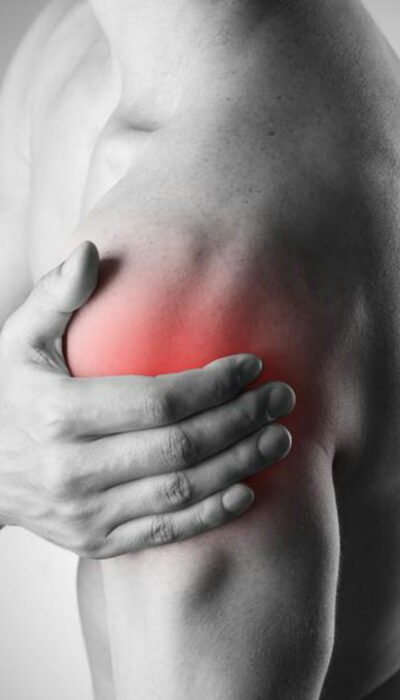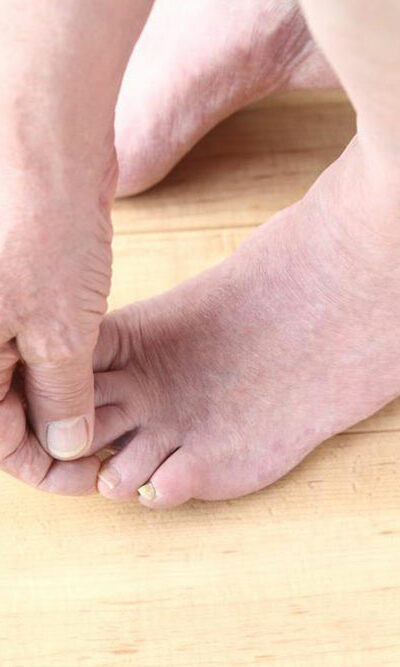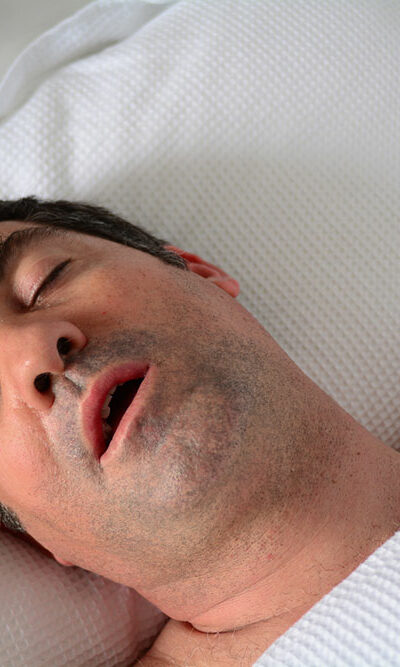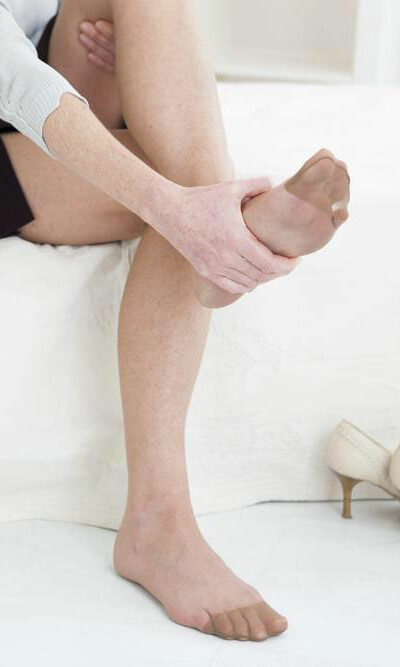
Causes of Shoulder Pain and its Treatments
The shoulder is that part of your body which is used the maximum and mobility has a heavy price. The shoulder is a combination of three main bones namely the upper arm bone, the collarbone, and the shoulder blade. This part of your body is vital for you to move freely. Shoulder pain is common for people above the age of 60 years as the tissues surrounding the shoulder become weak. There are several reasons for shoulder pain. Poor posture Poor posture is one of the common cause of shoulder pain and this is mainly because there is a specific shape of your shoulder that helps it perform the motion functions efficiently. Inappropriate posture causes the shoulder to strain to work resulting in a pull in the muscle leading to severe shoulder pain. Another reason can also be our over-demanding lifestyle that might urge us to sit in a posture that causes shoulder pain. One example to this can be sitting in front of computers for long hours. Frozen shoulder Frozen shoulder is a situation where your upper arm bone does not have enough space to function freely. This causes swelling and thickening of shoulder resulting in severe pain. Frozen shoulder makes it difficult for you to manage your everyday tasks such as driving, lifting your hands etc. If unattended, this can lead to lack of shoulder movement altogether. Shoulder instability Shoulder instability can be caused either by too much movement of the shoulder or by the inappropriate position of the shoulder for a long duration. This results in numbness or catchy feeling around the shoulder area making it impossible to move freely. There are two types of shoulder instability: traumatic that is sudden instability of the shoulder due to large impacts such as accidents and a traumatic that is over the period instability of the shoulder.










